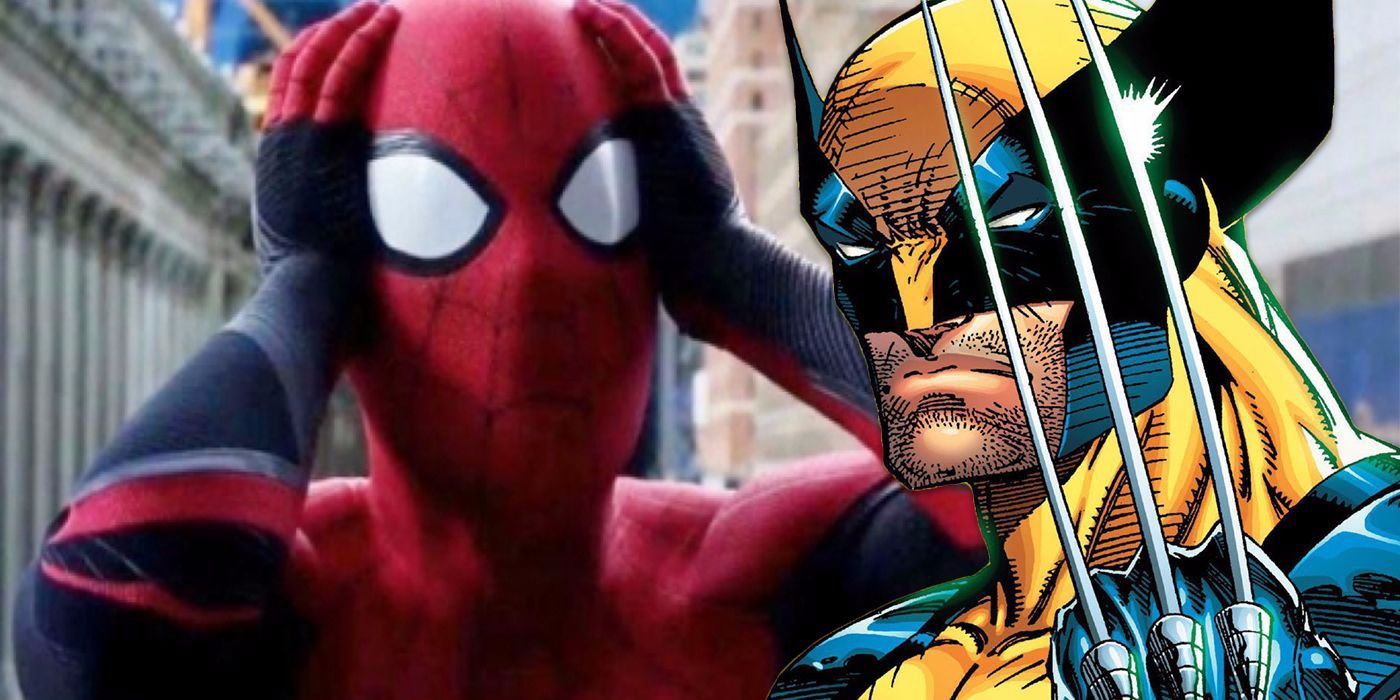Wolverine and Spider-Man have their own past connection similar to Black Widow and Hawkeye’s ‘Budapest,’ but the comics succeed where the MCU fails.
Fans of the MCU are familiar with the unbreakable bond between Black Widow and Hawkeye, one that originated from a shared trauma they experienced on a mission in Budapest. While their cryptic connection let fans know how close they were even before the events of the Avengers, it failed to leave as great of an impact as a similar connection between Wolverine and Spider-Man.
Black Widow first mentions Budapest in the first Avengers film during the Battle of New York. But, after that one line of dialogue, fans are left completely in the dark about what happened in Budapest and why it was important to Black Widow and Hawkeye’s relationship. However, in the film Black Widow, fans are given the explanation they’ve been craving for years. Black Widow reveals that Budapest is where Hawkeye almost killed Black Widow as a SHIELD assignment, but decided to give her a chance to defect to SHIELD if she was able to kill General Dreykov, the mastermind behind the Red Room. While they were unknowingly unsuccessful in killing Dreykov, that mission in Budapest earned Black Widow a shot at a new life, one that she completely owed to Hawkeye for giving her that chance. This mission created a bond between the two that could never be broken.
In X-Men: Hellfire Gala #1 by Gerry Duggan, Kris Anka, Russell Dauterman, Matteo Lolli, and CF Villa, Moira MacTaggert crashes the mutants’ Hellfire Gala using advanced technology to hijack the body of Mary Jane Watson in an effort to speak with her son, Proteus, unnoticed. Unfortunately for Moira, she was noticed by Spider-Man who quickly swings in to save the day. While Spider-Man’s actions were a bit hot-headed, Wolverine also noticed something was wrong with Mary Jane and reacted in a very cool and collected manner. When Moira left the party in M.J.’s body, Spider-Man wanted to run after her and rip the sinister presence from her consciousness, but Wolverine stopped him and let Moira leave so that they could come up with a better plan of attack and avoid “another Berlin situation.”
Wolverine and Spider-Man, much like the MCU’s Black Widow and Hawkeye, are forever bonded via a traumatic event that happened in Berlin many years ago. During the events of Spider-Man Versus Wolverine by Jim Owsley and Mark Bright, Spider-Man and Wolverine aren’t pulling their punches while fighting each other, and when the fighting finally stopped, Spider-Man thought Wolverine was silently approaching him from behind to start it up again. Shockingly, however, he was actually being approached by Charlie, a woman Wolverine was trying to protect, but since Spider-Man thought it was Wolverine, he punched her with so much force that he accidentally killed her. The reference to Spider-Man’s accidental murder in this issue of X-Men holds a great deal of weight behind it as it was something that was shown many years before and had been built upon in-continuity for years after–an element that wasn’t present in the MCU’s ‘Budapest’ connection. When Daredevil accidentally killed someone in Chip Zdarsky’s Daredevil run, Spider-Man related to his guilt by sharing the traumatic tale of the Berlin incident, proving that it is something that will haunt Spider-Man forever.
So, when Wolverine brings it up to him in this X-Men issue, Spider-Man knows the situation is serious and listens to Logan, with the implication being that if he didn’t, he could have someone else’s blood on his hands. Wolverine and Spider-Man’s ‘Budapest’ moment succeeds where the MCU’s failed because fans knew how weighted Wolverine‘s reference to Spider-Man was through years of storytelling as opposed to being kept in the dark regarding the veiled connection between Black Widow and Hawkeye–making the MCU’s version much less impactful.
About The Author



























































